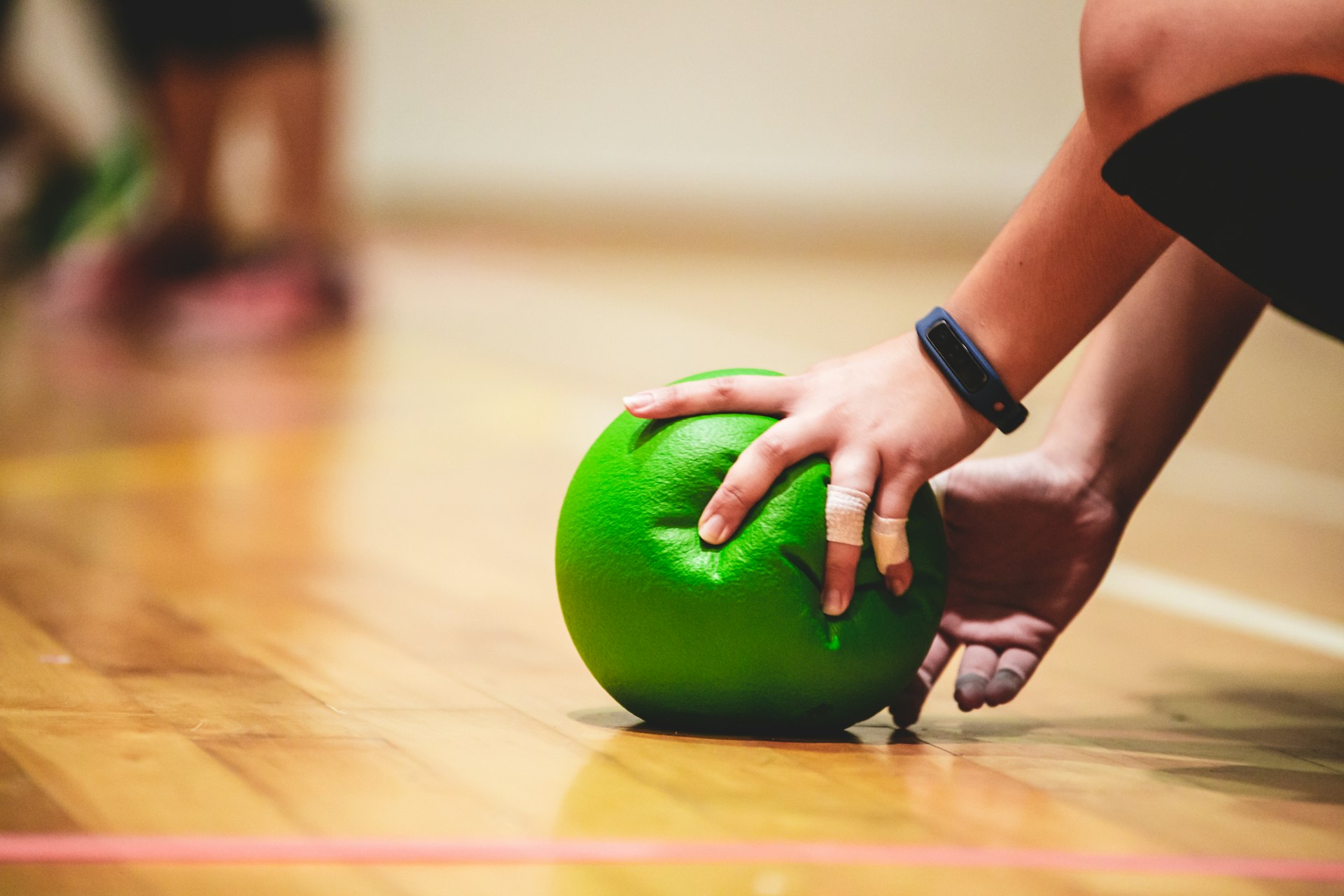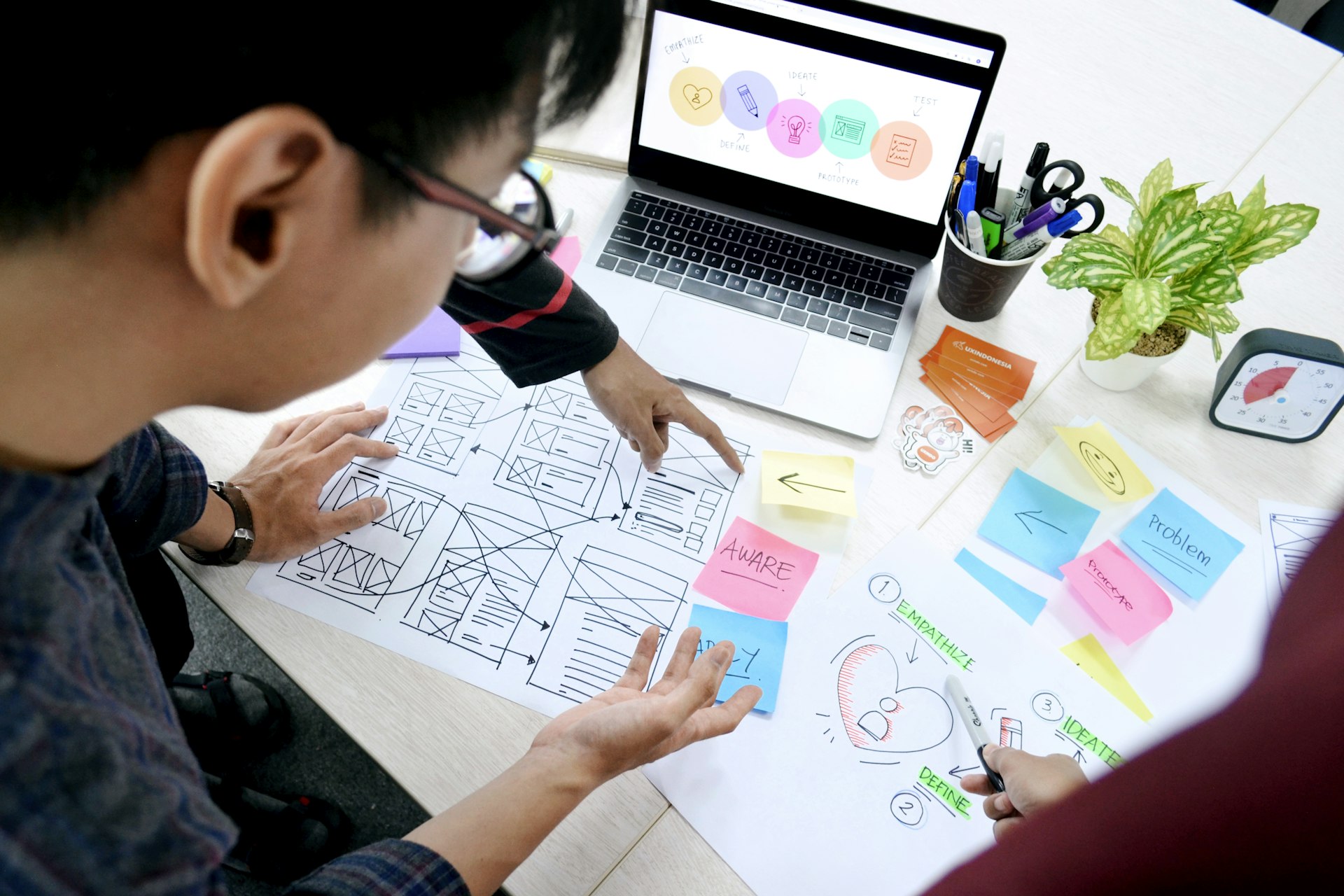Transform Stress with a Mindful Lifestyle: Practical Steps, Real Results

Photo by sippakorn yamkasikorn on Unsplash
Introduction: A New Approach to Handling Stress
Chronic stress affects millions and can lead to physical, mental, and emotional health challenges. Adopting a mindful lifestyle offers a proactive way to reduce stress, improve focus, and boost overall well-being. This article presents actionable techniques, real-world examples, and step-by-step guidance to help you incorporate mindfulness into your daily routine for lasting stress reduction.
Understanding Mindfulness and Its Benefits
Mindfulness is the practice of intentionally focusing your attention on the present moment, observing thoughts, feelings, and sensations without judgment. Research demonstrates that mindfulness can interrupt the stress cycle, allowing individuals to respond thoughtfully rather than react impulsively to stressors. Benefits include improved emotional regulation, greater resilience, and enhanced overall health [1] [3] .
Key Mindfulness Techniques for Stress Reduction
There are multiple evidence-based mindfulness techniques that can be integrated into daily life. Each offers unique benefits and can be adapted to your preferences and needs.

Photo by Eleni Afiontzi on Unsplash
1. Mindful Breathing
Mindful breathing is a foundational practice. To begin, find a comfortable seat, close your eyes, and focus attention on each inhalation and exhalation. When your mind wanders, gently return your focus to your breath. Even a few minutes daily can help calm the nervous system and reduce stress [4] [5] .
Example: Before starting work, take three minutes to practice mindful breathing. Notice the sensation of air entering and leaving your body, and allow tension to release with each exhale.
Implementation: Set a daily reminder to pause and focus on your breath for at least 2-5 minutes. Over time, increase the duration as it feels comfortable.
Alternatives: Practice mindful breathing during routine activities, such as commuting or waiting in line, to transform idle moments into opportunities for stress relief.
2. Body Scan Meditation
Body scan meditation involves systematically directing your attention to different parts of your body, observing sensations without judgment. This practice helps foster a mind-body connection and can highlight areas of tension or discomfort, making it easier to address physical manifestations of stress [3] [4] .
Example: As you lie down to rest, start at your feet and mentally scan upward, noting any tension or sensation in each region. Allow areas of tightness to soften as you bring awareness to them.
Implementation: Look for guided body scan audio recordings from reputable health organizations or meditation apps. Practice regularly, aiming for 10-20 minutes per session.
Challenges and Solutions: If you notice your mind wandering or falling asleep, gently redirect attention to the body part in focus. Consistency will improve concentration over time.
3. Mindful Movement: Yoga, Tai Chi, and Walking
Mindful movement combines gentle physical activity with conscious awareness of your body and breath. Yoga, tai chi, and walking meditation are popular forms that offer both mental and physical benefits, promoting flexibility, balance, and stress relief [1] [2] .
Example: During a walk, focus on the sensations of your feet touching the ground, the rhythm of your breath, and the sounds around you. When thoughts arise, acknowledge them and refocus on the present moment.
Implementation: Begin with short, 10-minute sessions of yoga or tai chi. Consider joining a beginner class or using instructional videos from established health organizations.
Alternatives: For those with mobility issues, chair yoga or seated stretching can offer similar benefits. Consult your healthcare provider before starting new physical activities, especially if you have health concerns.
4. Guided Imagery and Meditation
Guided imagery involves mentally visualizing calming scenes or experiences. Guided meditation recordings can help you focus and relax, even if you are new to mindfulness practices. These approaches are especially helpful for individuals seeking structured support or struggling with intrusive thoughts [1] [2] .
Example: Listen to a guided meditation before bedtime to transition into restful sleep. Choose recordings from established sources such as medical centers or mindfulness organizations for reliable content.
Implementation: Explore free guided meditations from reputable platforms, like the Mayo Clinic or local hospital wellness programs. Search for terms like “guided meditation for stress” from trusted health organizations.
Tips: Find an environment with minimal distractions. Use headphones if necessary to increase focus and immersion.
5. Mindful Eating and Everyday Mindfulness
Mindful eating involves paying full attention to the act of eating, noticing flavors, textures, and sensations with each bite. This can help interrupt mindless snacking and encourage healthier choices. Practicing mindfulness during daily activities-such as showering, washing dishes, or drinking tea-also reinforces present-moment awareness [4] [5] .
Example: At your next meal, put away electronic devices. Chew slowly, savoring each bite, and notice the colors and aromas of your food.
Implementation: Choose one meal a day to practice mindful eating. Gradually expand this practice to other activities, reminding yourself to pause and notice the present moment.
Alternative Approaches: Mindfulness can also be integrated into drinking a cup of tea, taking a shower, or even performing household chores by focusing on sensations and movements in the moment.
How to Start a Mindful Lifestyle: Step-by-Step Guidance
Creating sustainable change requires intention, planning, and practice. Here are steps to help you incorporate mindfulness into your daily life for effective stress reduction:
- Assess Your Needs and Goals: Identify your main sources of stress and what you hope to achieve with mindfulness. Set realistic, specific goals such as “reduce anxiety at work” or “improve sleep quality.”
- Choose Suitable Practices: Experiment with different mindfulness techniques, such as breathing exercises, movement, or guided meditation, to find what resonates with you.
- Schedule Regular Practice: Consistency is key. Set aside dedicated time each day, even if only for a few minutes, to build the habit.
- Create a Supportive Environment: Minimize distractions during mindfulness practice. Encourage family or roommates to respect your practice time or join you.
- Track Progress and Adjust: Keep a journal to note how you feel before and after practicing. Adjust your approach as needed based on what works best for you.
- Seek Guidance as Needed: Consider joining local or online mindfulness classes, or consult with mental health professionals for extra support and accountability.
Overcoming Common Challenges
Many people face obstacles when starting a mindful lifestyle, such as difficulty focusing, impatience, or skepticism. If your mind wanders, gently bring it back without judgment. If time is limited, remember that even short, regular sessions can yield benefits. For those who feel self-conscious, private practice or using guided recordings may help build confidence before joining group sessions [1] .
Resources and How to Access Mindfulness Support
There are many ways to access reliable mindfulness resources and support:
- Check with your healthcare provider or local hospital for mindfulness classes or stress management workshops.
- Search for “mindfulness meditation” or “guided body scan” on reputable health websites such as Mayo Clinic, Harvard Health, or your local health department.
- Explore public libraries for books and audio programs on mindfulness and meditation.
- Many employers and community centers offer wellness programs that include mindfulness training; inquire with your HR department or local community center.
- For those interested in group practice, local yoga studios and meditation centers often provide introductory classes.
If you are experiencing severe stress, anxiety, or depression, consider reaching out to a licensed mental health professional who can offer evidence-based support and guide you toward the most effective resources for your needs.
Key Takeaways: Building a Mindful Lifestyle for Stress Reduction
Adopting mindfulness practices can help manage stress, improve emotional resilience, and foster a sense of balance. By integrating mindful breathing, body scan meditation, mindful movement, guided imagery, and everyday mindfulness into your life, you can create a sustainable approach to well-being. Start small, remain consistent, and utilize reputable resources to support your journey. Remember that mindfulness is a skill, and every effort you make brings you closer to a calmer, more centered life.
References
- [1] Harvard Health Publishing (2022). Six relaxation techniques to reduce stress.
- [2] Hawaii Pacific Health (2023). 8 Mindfulness Exercises That Also Reduce Stress.
- [3] Mindful.org (2024). How to Manage Stress with Mindfulness and Meditation.
- [4] Mayo Clinic (2023). Mindfulness exercises.
- [5] Aging and Disability Services, University of Washington (2022). How to Reduce Stress Through Mindfulness.
MORE FROM eboxgo.com













